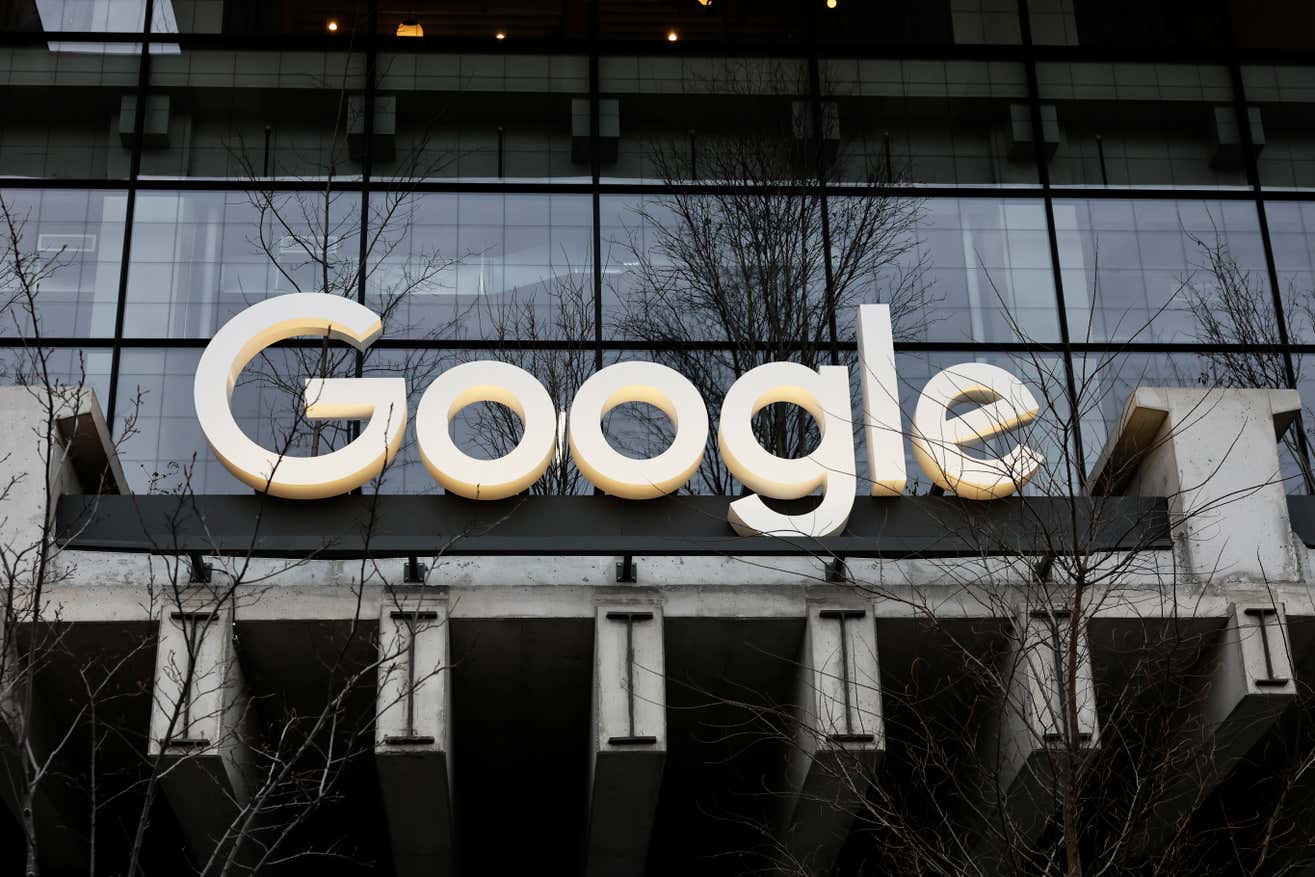The European Commission has ruled that Google and Apple violated the Digital Markets Act (DMA), the European Union’s landmark antitrust law aimed at curbing anti-competitive practices among major tech companies. The decision is part of the EU’s broader efforts to rein in digital gatekeepers, which also include Amazon, Meta, Microsoft, and ByteDance, the owner of TikTok.

Why Google and Apple Were Targeted
Google and Apple were singled out for their dominant roles in different areas of the digital ecosystem. Google’s violations stem from its Search and Google Play services, while Apple was cited for its iPadOS ecosystem and lack of interoperability with third-party products.
In Google’s case, the European Commission issued two sets of preliminary findings. The first accuses Google of giving preferential treatment to its own services—such as shopping, hotel bookings, and financial results—by ranking them higher in search results. The second alleges that Google restricts app developers on the Play Store from directing consumers to alternative purchasing options outside of Google’s ecosystem, effectively forcing developers to rely on Google’s payment systems and high commission fees.
Apple, on the other hand, was called out for failing to comply with interoperability obligations under the DMA. The EU has ordered Apple to ensure that third-party devices—including smartwatches, headphones, and TVs—can seamlessly connect with Apple products. The Commission also demands greater transparency for app developers, allowing them to integrate their software more easily into Apple’s ecosystem.
>>>EB-BS922ABE for Samsung Galaxy S24 SM-S921B/DS
Potential Penalties and Industry Impact
If Google is found guilty, it could face fines of up to 10% of its global revenue, a penalty that could amount to billions of dollars. Apple, meanwhile, has been warned that failure to comply with the EU’s orders could lead to further investigations and financial penalties.
This ruling is significant because it marks the first time the European Commission has issued concrete compliance measures under the DMA, setting a precedent for how other tech giants will be regulated moving forward.
The ruling has drawn criticism from the Biden administration, which has expressed frustration over what it sees as disproportionate targeting of American tech companies by European regulators. President Donald Trump has gone further, threatening to impose trade tariffs on Europe, arguing that the EU’s actions amount to “overseas extortion and unfair fines and penalties.”
Both Google and Apple have responded to the EU’s findings. Google now has time to defend itself before any penalties are finalized.
Apple, while claiming to have cooperated with regulators, has pushed back strongly against the new requirements. In a statement, the company said that the EU’s demands would slow down innovation and force Apple to “give away our new features for free to companies who don’t have to play by the same rules.” Apple also warned that the ruling could allow third parties to interfere with the design of future Apple products, including iPhones.
>>>5059B4-2S for Chuwi GemiBook XPro Windows 11
What’s Next?
The EU’s investigation into Apple, Google, and Meta began in March 2024, with Apple already facing scrutiny over its App Store fees and developer restrictions since June 2024. These latest findings indicate that the EU is serious about enforcing the DMA, which could reshape how major tech companies operate in Europe.
For now, both Apple and Google face mounting regulatory pressure, and their next moves—whether compliance, legal challenges, or further negotiations—will determine the future of their operations in the European market.